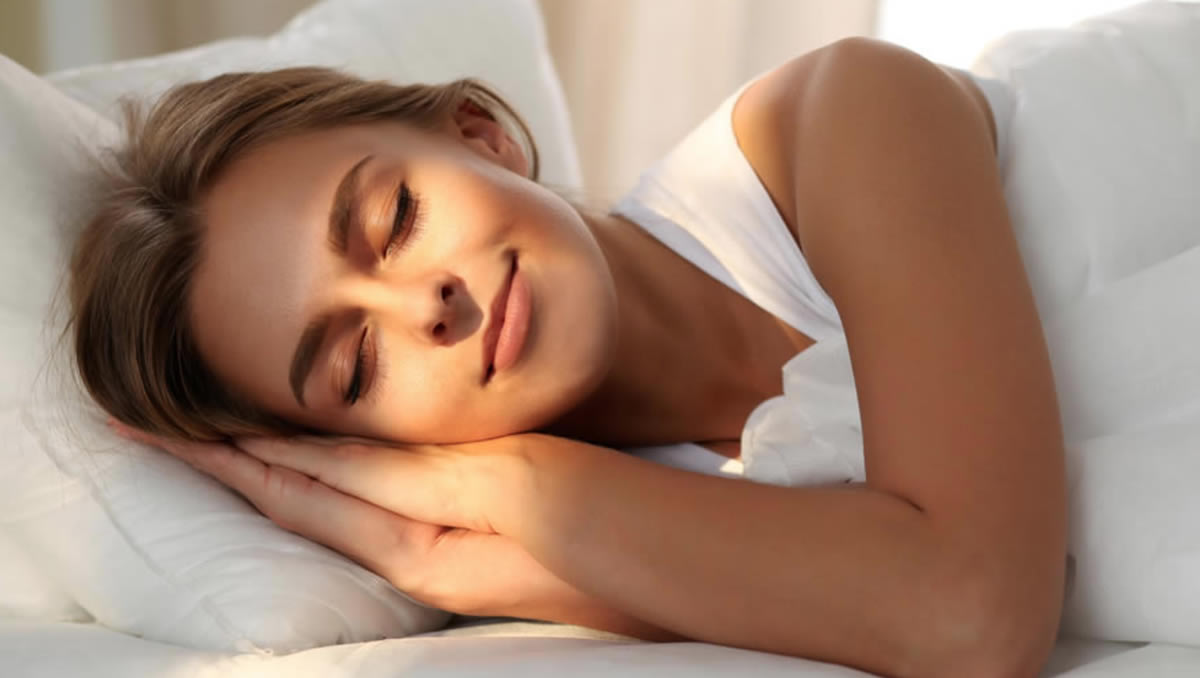‘Sleep hygiene’ is the term used to describe good sleep habits. Considerable research has gone into developing a set of guidelines and tips which are designed to enhance good sleeping, and there is much evidence to suggest that these strategies can provide long-term solutions to sleep difficulties. Using medications for sleeplessness can help for a short period but it is not recommended to use them for a long time. Medications have problems of dependence and sometimes rebound insomnia (sleeplessness if medication is not taken). Sleep hygiene is an essential component in the management of sleeplessness (insomnia). Consult a sleep specialist or a good experienced physician who shall decide if you require medications along with practice of sleep hygiene or sleep hygiene alone.
Sleep Hygiene Tips:
1) Get regular- One of the best ways to train your body to sleep well is to go to bed and get up at more or less the same time every day, even on weekends and days off! This regular rhythm will make you feel better and will give your body something to work from.
2) Sleep when sleepy- Only try to sleep when you actually feel tired or sleepy, rather than spending too much time awake in bed.
3) Get up & try again- If you haven’t been able to get to sleep after about 20 minutes or more, get up and do something calming or boring until you feel sleepy, then return to bed and try again. Sit quietly on the couch with the lights off (bright light will tell your brain that it is time to wake up), or read something boring like the phone book. Avoid doing anything that is too stimulating or interesting, as this will wake you up even more.
Don’t stay in bed awake for more than 5-10 minutes. This is called sleep restriction. Lying in bed when you’re awake can become a habit that leads to poor sleep. Limiting the amount of time you spend in bed can make you sleepier when you do go to bed. That way you’re more likely to fall asleep and stay asleep.
4) Avoid caffeine & nicotine- It is best to avoid consuming any caffeine (in coffee, tea, cola drinks, chocolate, and some medications) or nicotine (cigarettes) for at least 4-6 hours before going to bed. These substances act as stimulants and interfere with the ability to fall asleep
5) Avoid alcohol- It is also best to avoid alcohol for at least 4-6 hours before going to bed. Many people believe that alcohol is relaxing and helps them to get to sleep at first, but it actually interrupts the quality of sleep.
6) Bed is for sleeping- Try not to use your bed for anything other than sleeping and sex, so that your body comes to associate bed with sleep. If you use bed as a place to watch TV, eat, read, work on your laptop, pay bills, and other things, your body will not learn this connection.
7) No naps- It is best to avoid taking naps during the day, to make sure that you are tired at bedtime. If you can’t make it through the day without a nap, make sure it is for less than an hour and before 3pm.
8) Sleep rituals- You can develop your own rituals of things to remind your body that it is time to sleep – some people find it useful to do relaxing stretches or breathing exercises for 15 minutes before bed each night, or sit calmly with a cup of caffeine-free tea. Practice relaxation techniques like deep breathing and visualization of a pleasant and happy scene from the past. If multiple thoughts are bothering you then, focus on one thought which is not disturbing, listen to soothing music or read a book which you find relaxing.
9) Bath time- Having a hot bath 1-2 hours before bedtime can be useful, as it will raise your body temperature, causing you to feel sleepy as your body temperature drops again. Research shows that sleepiness is associated with a drop in body temperature.
10) No clock-watching- Many people who struggle with sleep tend to watch the clock too much. Frequently checking the clock during the night can wake you up (especially if you turn on the light to read the time) and reinforces negative thoughts such as “Oh no, look how late it is, I’ll never get to sleep” or “it’s so early, I have only slept for 5 hours, this is terrible.”
11) Use a sleep diary- This worksheet can be a useful way of making sure you have the right facts about your sleep, rather than making assumptions. Because a diary involves watching the clock (see point 10) it is a good idea to only use it for two weeks to get an idea of what is going and then perhaps two months down the track to see how you are progressing.
12) Exercise- Regular exercise is a good idea to help with good sleep, but try not to do strenuous exercise in the 4 hours before bedtime. Morning walks are a great way to start the day feeling refreshed!
13) Eat right- A healthy, balanced diet will help you to sleep well, but timing is important. Some people find that a very empty stomach at bedtime is distracting, so it can be useful to have a light snack, but a heavy meal soon before bed can also interrupt sleep. Some people recommend a warm glass of milk, which contains tryptophan, which acts as a natural sleep inducer.
14) The right space- It is very important that your bed and bedroom are quiet and comfortable for sleeping. A cooler room with enough blankets to stay warm is best, and make sure you have curtains or an eye mask to block out early morning light and earplugs if there is noise outside your room. Use curtains or blinds to block out light.
15) Keep daytime routine the same- Even if you have a bad night sleep and are tired it is important that you try to keep your daytime activities the same as you had planned. That is, don’t avoid activities because you feel tired. This can reinforce the insomnia.
16) Sleep has to come naturally; you sleep best when you are relaxed, don’t demand sleep the moment you lie in bed. Try not to think about how you will fall asleep before you actually go to bed, it often adds to anxiety and unnecessary expectations.
17) Avoid using gadgets or exposure to screens emitting bright light at least an hour before you plan to sleep. Put away your mobile phone, laptops or tablet and stop watching TV before going to bed. Do not indulge in any detailed planning or arguments or analytical thinking before bed time.
18) Ensure adequate exposure to natural light during the day. Light exposure helps maintain a healthy sleep-wake cycle.
19) If you find your mind racing, or worrying about not being able to sleep during the middle of the night, get out of bed, and sit in a chair in the dark. Do your mind racing in the chair until you are sleepy, then, return to bed. No TV or internet during these periods. If you still have difficulty falling asleep or cannot sustain a good sleep despite all above measures then consult a sleep specialist or a good experienced physician.



